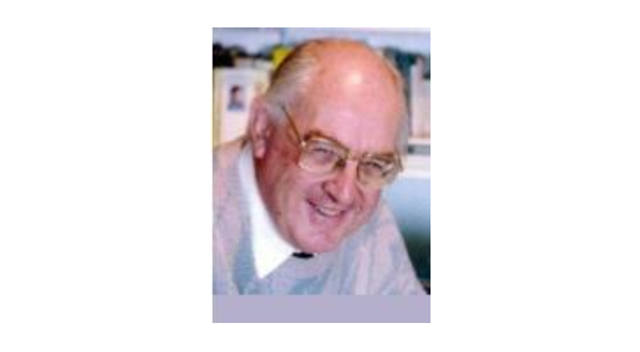George Whitefield College was founded in 1989 when, at CESA’s request, Rev. Dr. David Broughton Knox came to Cape Town from Sydney, Australia to establish the college. Today, GWC is an accredited tertiary institution attracting students from all over the world – and particularly from countries across Africa. We asked Dr. John Newby, whose association with GWC spanned 27 years, from his tenure as Warden of George Whitefield House at Bible Institute in 1988 until his retirement from GWC faculty in 2013, to share his memories of how GWC has grown and changed – and what has stayed the same.
Q: What are your earliest memories of college?
A: I can remember that one year our graduating class only had four members in it, but almost from the beginning the student intake started to improve. At first our students were drawn from South Africa. Then, largely through Principal Dr. Seccombe’s vision and partnerships with Anglican parishes in Africa, we started to get students from other parts of Africa. Also, one cannot underestimate the symbiotic relationship between GWC and the Anglican Diocese in Sydney, Australia. And so, GWC grew to being international, with students from Australia, all parts of Africa, a number from England – and I remember one solitary Serbian.
Another memory I have is of one student coming to us with a Standard Three education, but in his third year he was sitting in a class and he asked a question that was at the level of any third year student. Whatever his strictly academic attainments were, or were not, his subsequent growth in understanding and originality were remarkable and it proved to me that you can come from any start. He developed as a student, as a person and as a Christian. People like him, I treasure.
Q: How have the needs of theological training changed and stayed the same?
A: Meeting the need for teaching that adheres to the authority of Scripture, with a Reformed perspective, remains the same at GWC. Methods and emphases have changed to stay relevant, leading to changes in style, but not content. One thing that has changed is an increased emphasis on Biblical theology.
Q: What is the value of residential over distance learning?
A: While I do not disparage distance learning – I studied through UNISA – there is no substitute for receiving the input of lecturers and fellow students, and being able to ask questions. Until the launch of the Explore correspondence course I held extra mural evening classes at GWC using Moore College material. As with Explore in Africa, distance learning can be valuable in combination with pastoral supervision and the benefit of one-on-one interaction. I believe Explore is better done in groups.
Q: What is your greatest memory of time spent with students?
A: I loved being a lecturer. I loved being with the students. I loved the interaction with them and preparing lectures. The only thing I didn’t love was marking – but it’s a part of the job. One of my greatest moments was arriving and heading up to my office one morning to find a huge notice on my door that read “Diakonos pantōn” (which means “servant of all” in Greek) and written under it in small letters, “We really mean it, Doc” – placed there by the third year students. This is very precious to me.
